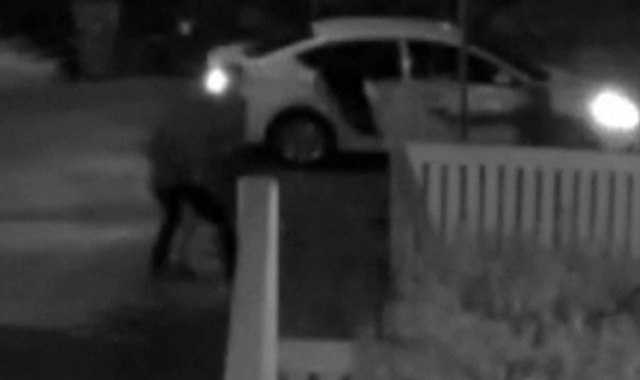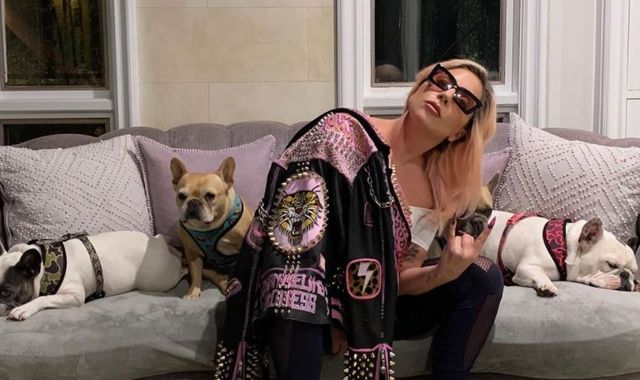Tumblr to ban non-consensual ‘creepshots’ and ‘deepfake’ porn
Written by News on 28/08/2018
Tumblr is updating its guidelines on sexual imagery to “address new technologies that can be used to humiliate and threaten other people”.


The microblogging site’s guidelines address two new phenomena involving sexual images which have come about as a result of evolving technology – creepshots and deepfakes.
Creepshots are non-consensual intimate photographs taken of women without their knowledge while in public places.
Upskirting images, which are taken under a person’s clothes without their consent and politicians have been trying to ban, are a form of creepshots.
Technology news site Vice Motherboard, earlier this year, found Tumblr blogs focusing on creepshots were “rampant” on the platform.
Motherboard reported that some blogs were collecting pictures taken in specific locations, for instance at Disney World, while others provided detailed guides for stalkers to capture higher quality photographs.
Deepfakes are videos created using artificial intelligence that appear to featuring real people doing or saying things they are unlikely to ever do or say.
Many feature the faces of celebrities placed upon the body of actors or actresses in pornographic films but others have been used to create fake news.
Software-generated sexual images began to spread widely on the internet at the end of last year when an anonymous Reddit user shared code they used to superimpose celebrities’ faces on pornographic actors.
Deepfakes – a portmanteau of “deep learning”, an artificial intelligence technique, and “fake” – were quickly used to harass women by creating fake sex videos.
Natalie Portman, Emma Watson and Taylor Swift are among the women who have been made victims, according to Variety magazine.
Tumblr explained its approach to deepfakes and creepshots by adding “a simple statement” to its harassment rules: “Don’t engage in the unwanted sexualisation or sexual harassment of others.”
The new guidelines also cover others forms of potential harassment.
The site said that after the new rules come into effect: “If we determine a post or blog is promoting hatred, glorifying violence, or is engaging in the unwanted sexualisation of another person, it will be taken down.
“This includes (for example) posting Islamophobic, anti-Semitic, or anti-LGBTQ+ content to promote or incite violence or hatred; using symbols of hate movements to intimidate or harass others; and the glorification of mass murderers.”
(c) Sky News 2018: Tumblr to ban non-consensual ‘creepshots’ and ‘deepfake’ porn






